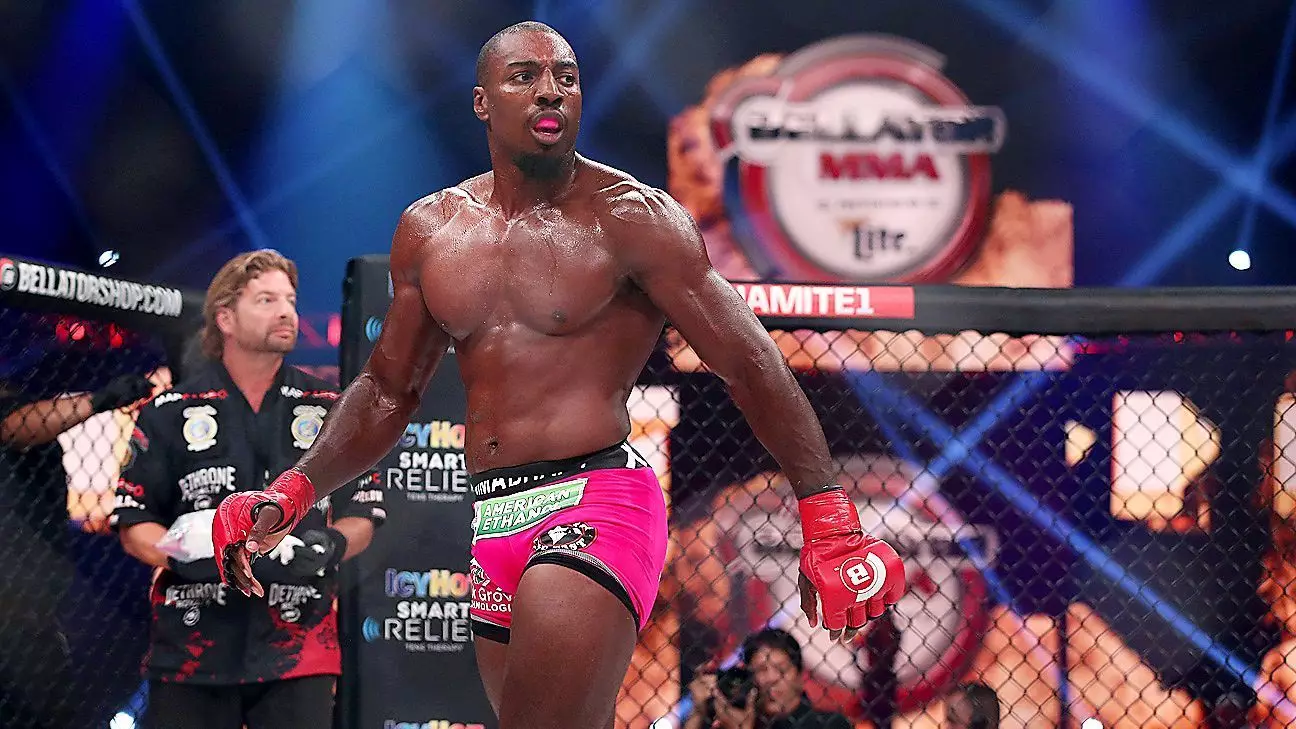In a bold move that underscores the ongoing struggle for athlete rights in mixed martial arts (MMA), veteran fighter Phil Davis has filed another antitrust lawsuit against the UFC. This legal action, initiated in the U.S. District Court of Nevada, aims to expose what Davis claims is an oppressive and monopolistic structure that stifles competition within the sport. By impeding rival promotions from attracting top talent, the UFC allegedly denies fighters the opportunity to secure fair wages and stunts their career growth, reflecting systemic issues that have plagued the industry.
Past Patterns and Legal Precedents
Davis’s lawsuit, spearheaded by Berger Montague—a firm known for successfully litigating against the UFC in a substantial class-action lawsuit that resulted in a $375 million settlement—highlights a persistent theme in MMA: the struggle against a dominant player that seemingly enjoys unchecked power. The previous legal victory, which centered around fighters active between 2010 and 2017, indicates a troubling trend of fighter exploitation and echoes the sentiments that many within the fight community have long voiced. These ongoing legal battles signal a necessary confrontation with the UFC’s approach, as they face multiple antitrust challenges that could reshape the landscape of professional fighting.
The Stakes for Fighters and Promotions
What stands out in Davis’s allegations is the contention that even fighters not contracted with the UFC suffer from the organization’s overbearing grip on the sport. This is a reminder of how monopolistic practices can ripple through an entire industry, affecting not only direct competitors but also everyone involved in professional fight promotions. As Eric Cramer, the plaintiff’s attorney, articulated, the UFC’s alleged predatory strategies undermine new competitors attempting to carve out a niche in the MMA market, directly harming the earnings and prospects of professional fighters like Davis.
A Call for Change
The lawsuit’s implications could lead to groundbreaking changes in how fighter contracts are structured, striving for a future where an athlete could terminate a promotional deal without facing penalties after a year. This shift would mark a significant departure from longstanding contractual norms that have historically bound fighters to promotions for indefinite periods, often leaving them at the mercy of promotional whims. For Davis, this isn’t just personal—it’s part of a broader mission to dismantle systemic barriers that result in unfair treatment of fighters, drawing attention to the need for reform in how MMA promotions operate.
The Future of MMA on Trial
As the MMA community watches closely, Davis’s legal battle could act as a catalyst for an industry-wide reevaluation of existing practices. His statement, indicating pride in standing up for the rights of fellow fighters, resonates deeply in a sport where many athletes have felt marginalized and underpaid. The UFC’s silence in response to the lawsuit raises questions about their awareness of the growing unrest among fighters—a clear signal that the conversation surrounding athlete rights and fair wages in MMA is evolving. The outcome of this case may well define not only Phil Davis’s legacy but also that of countless fighters in their ongoing pursuit of justice and equity within their professional realm.

